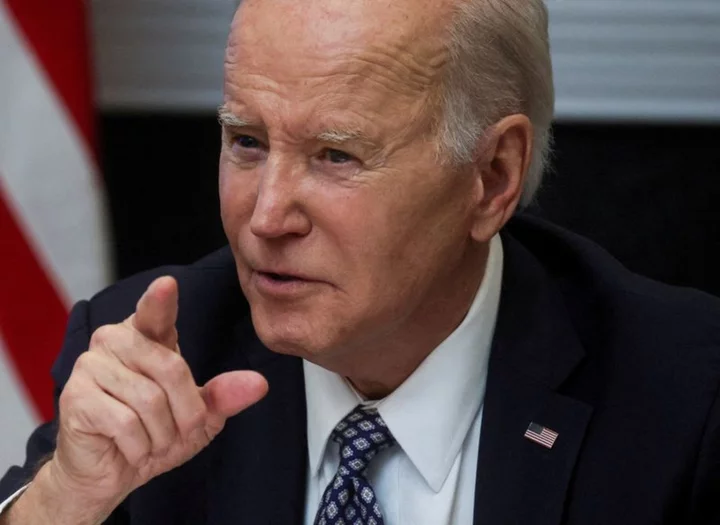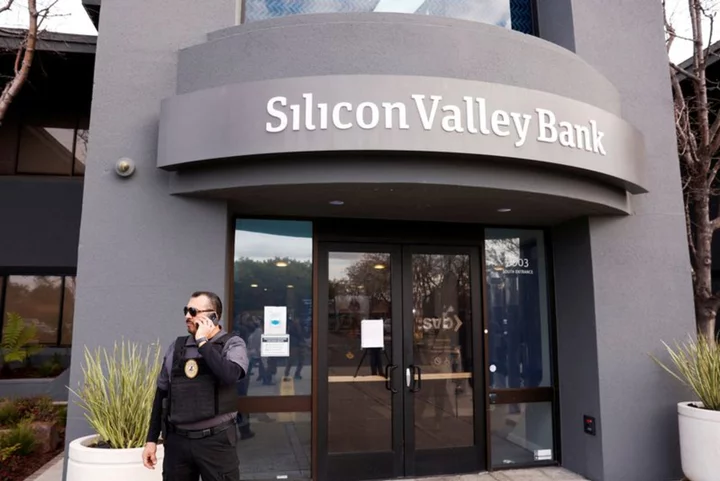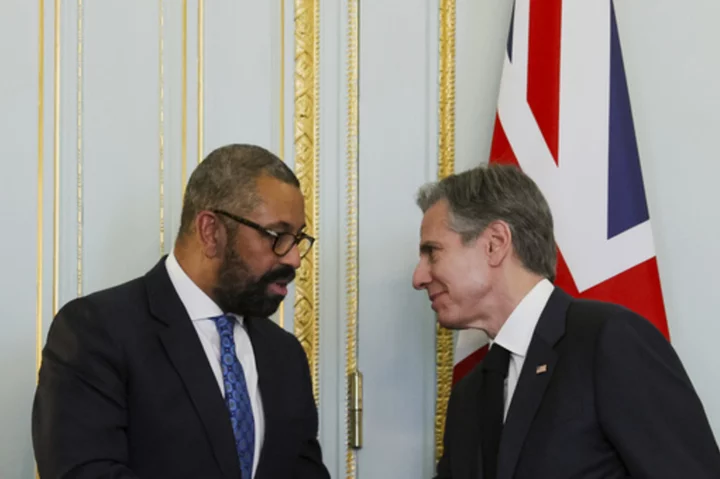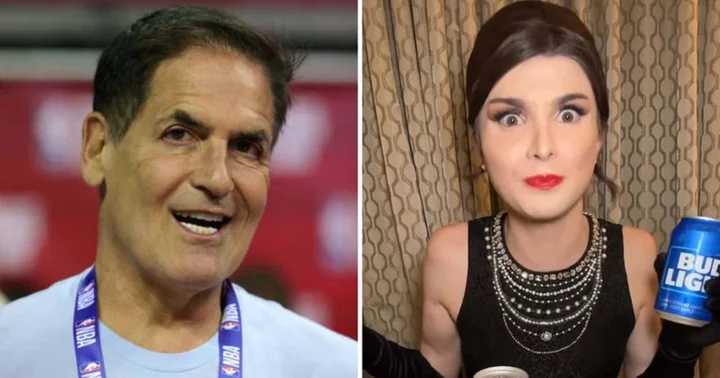By Andy Sullivan
WASHINGTON Americans are worried about the prospect of the U.S. government defaulting if Congress fails to raise the debt ceiling, but are divided over the action to be taken, according to a Reuters/Ipsos poll completed on Monday.
The polls show neither Democratic President Joe Biden nor congressional Republicans hold a clear advantage in public opinion as they head into discussions on Tuesday to resolve a months-long standoff over the nation's $31.4 trillion debt limit.
The Treasury says it could run out of money to pay the country's bills as soon as June 1 unless Congress increases the borrowing cap. Economists say the resulting default would roil global financial markets and plunge the U.S. into recession.
The poll found that 76% of Americans said the two sides must reach a deal because a default would put added financial stress on families like theirs. That included 84% of self-described Democrats and 77% of self-described Republicans.
Only 29% said they thought the issue was being overblown.
The survey found that Americans are split over the best way to resolve a showdown.
Some 49% said Congress needs to quickly raise the debt ceiling without conditions to avert default, echoing Biden's position.
Some 68% of Democrats and 39% of Republicans took that view.
But 51% of Americans said the debt ceiling should not be raised without substantial spending cuts - the position held by Republicans who hold a majority in the House of Representatives.
That view was held by 69% of Republicans and 42% of Democrats, the poll found.
The online poll of 4,415 U.S. adults was conducted between May 9 and May 15. It has a credibility interval, a measure of accuracy, of plus or minus 2 percentage points.
(Reporting by Andy Sullivan; Editing by Howard Goller)









